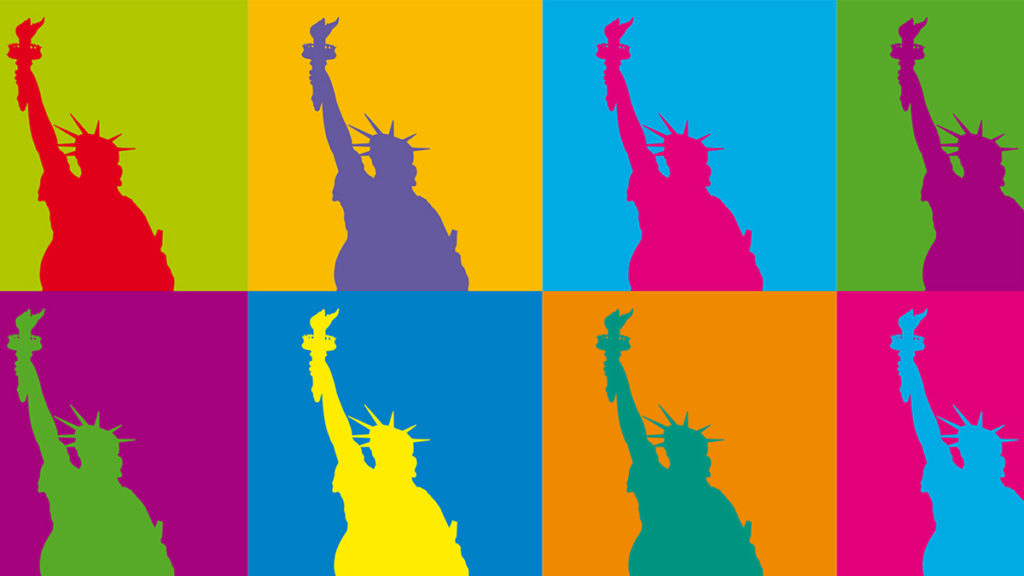Pulse of Information
Your source for the latest insights and updates.
Pop Culture's Obsession with Nostalgia: Why We're Stuck in the Past
Explore why pop culture can't let go of the past—uncover the nostalgia craze that's captivating our hearts and minds!
The Cycle of Nostalgia: How Past Trends Shape Today's Pop Culture
Nostalgia has a powerful influence on contemporary society, manifesting in the revival of past trends that shape today's pop culture. This cyclical phenomenon can be seen in various facets of entertainment, from fashion to music and film. For instance, the resurgence of vinyl records has become a symbolic representation of the longing for simpler times, while styles from the '90s make regular appearances on modern runways. As new generations discover these once-popular trends, they infuse them with a contemporary twist, creating a unique blend of the old and new. This process not only keeps past aesthetics alive but also strengthens intergenerational connections through shared cultural references.
Moreover, the cycle of nostalgia transcends mere aesthetics; it often serves as a reaction to current societal challenges. Popular culture has a tendency to romanticize the past during turbulent times, providing a comforting respite from modern anxieties. Television shows and films that reboot classic franchises tap into this sentiment, appealing to both long-time fans and curious newcomers. For example, the revival of series like Friends and The Fresh Prince of Bel-Air draws audiences not just for their entertainment value but for the warm familiarity they evoke. As such, the cycle of nostalgia is not merely about looking back; it is a dynamic process that actively shapes our cultural landscape and encourages us to find meaning in both the past and present.

Why Do We Long for the Past? Exploring the Psychology of Nostalgia
The phenomenon of nostalgia often strikes a chord with many people, leading them to long for the past. This emotional experience can be traced to the human brain’s unique wiring, where memories are intricately linked to emotions. When we reminisce about earlier times, our brain releases neurotransmitters like dopamine, which can elicit feelings of joy and comfort. This explains why we might find ourselves reminiscing about simpler days or cherished experiences, as they provide a sense of security and belonging that can be lacking in our fast-paced modern lives.
Furthermore, nostalgia serves as a psychological coping mechanism, helping individuals deal with the stressors of contemporary life. By reflecting on fond memories, we can create a mental escape from the challenges we face today. Research indicates that nostalgic reflections can enhance our mood, increase feelings of social connectedness, and even bolster our sense of identity. Thus, the longing for the past becomes not only a journey through time but also a vital tool for maintaining emotional well-being in a rapidly changing world.
From Vinyl to VHS: The Revival of Retro in Modern Entertainment
The nostalgia for the past has seen a remarkable resurgence in modern entertainment, with vinyl records and VHS tapes making a triumphant return. This phenomenon reflects a deeper cultural shift, where consumers are drawn to the tangible and authentic experiences of yesteryear. Many music lovers are rediscovering the warm sounds of vinyl, appreciating its rich fidelity that digital formats simply cannot replicate. Similarly, film enthusiasts are reviving their collections of classic movies, longing for the charm of VHS tapes, complete with the iconic clunky format and the unmistakable tape sound when rewinding.
Furthermore, various industries have embraced this retro revival, from themed cafes that celebrate vinyl culture to cinemas hosting VHS movie nights. This trend suggests a yearning for simplicity in a digital age, as people seek refuge in the aesthetics and experiences that remind them of their childhood. Brands are capitalizing on this nostalgia, offering limited-edition vinyl pressings and re-releasing beloved VHS classics, thereby catering to a growing market of collectors and enthusiasts alike. As we continue to curate our entertainment experiences, it becomes evident that the love for the past is reshaping how we engage with media today.